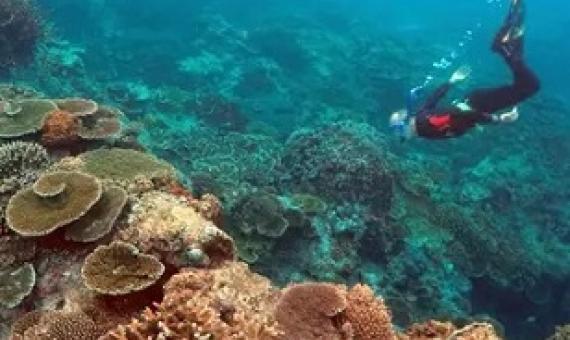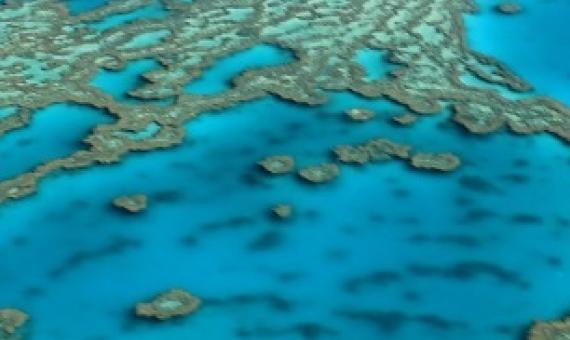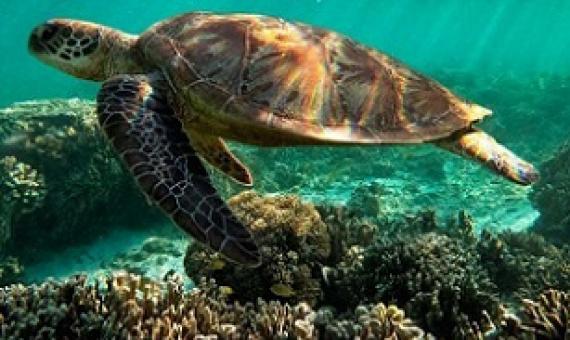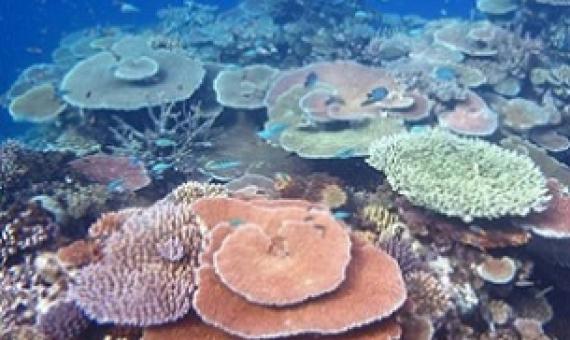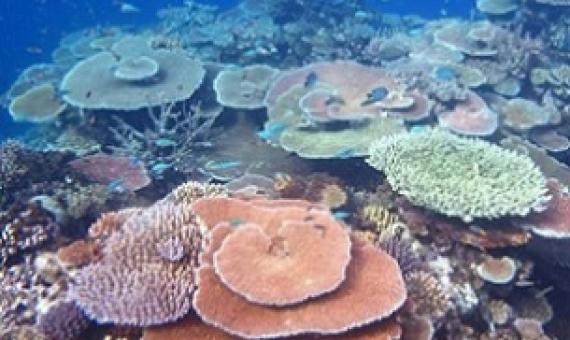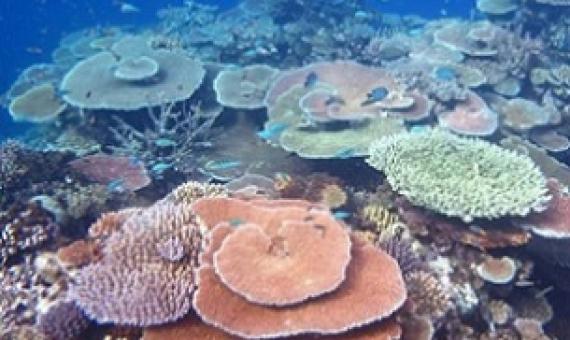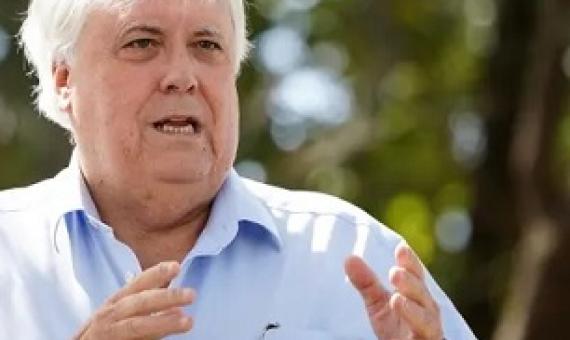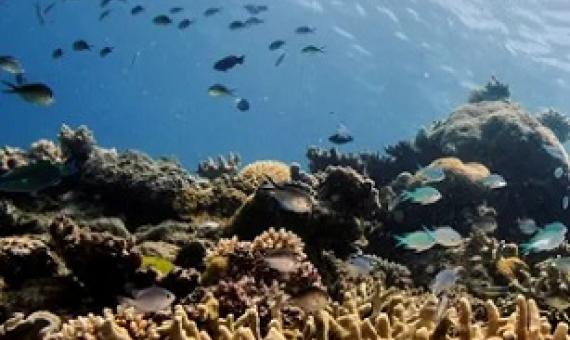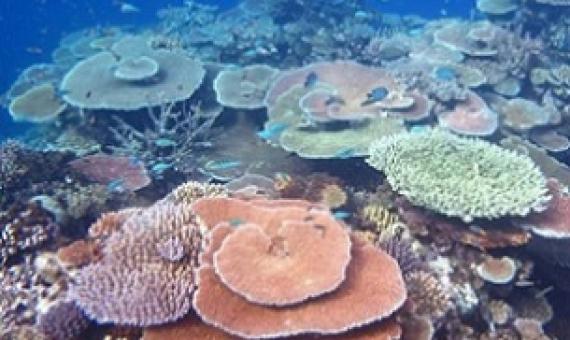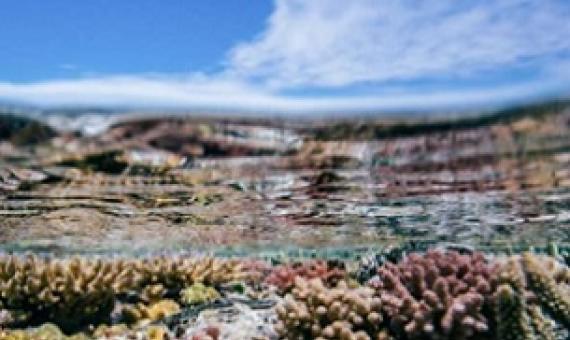Australia is demanding world heritage experts carry out a monitoring mission to the Great Barrier Reef before an international committee decides if it should be placed on a list of global sites in danger.
Australia said Tuesday it will fight against plans to downgrade the Great Barrier Reef’s World Heritage status due to climate change, while environmentalists have applauded the U.N. World Heritage Committee’s proposal.
Australia's government has lashed out after a United Nations report claimed it had not done enough to protect the Great Barrier Reef from climate change. UN body UNESCO said the reef should be put on a list of World Heritage Sites that are "in danger" due to the damage it has suffered.
New research has shown that by injecting an alkalinizing agent into the ocean along the length of the Great Barrier Reef, it would be possible, at the present rate of anthropogenic carbon emissions, to offset ten years' worth of ocean acidification.
A world first study within the Great Barrier Reef Marine Park has found limited fishing zones (yellow zones) are still important conservation and fisheries management tools when paired with no-fishing zones.
The Australian Government is placing Indigenous knowledge at the centre of efforts to boost water quality, tackle crown-of-thorns starfish and care for wetland habitats.
Conservationists are urging the Queensland government to block plans by Clive Palmer to build a major coalmine 10km from the waters of the Great Barrier Reef after the proposal moved to a decisive stage of environmental assessment...The mine site is about 10km downstream of Broad Sound
A government report card has found the marine environment along the Great Barrier Reef’s coastline remains in poor health, prompting conservationists to call for urgent action ahead of a world heritage committee meeting this year.
Great Barrier Reef Foundation Chief Scientist Professor Ove Hoegh-Guldberg shone a spotlight on the threats facing coral reefs and the Foundation’s innovative work to protect them at the global launch of the United Nations’ campaign to protect our oceans.
You might not normally think about what corals smell like—or how the smell changes during heat stress. However, that is what researchers from the University of Technology Sydney (UTS), the University of Sydney and Southern Cross University set out to investigate on the Great Barrier Reef.

